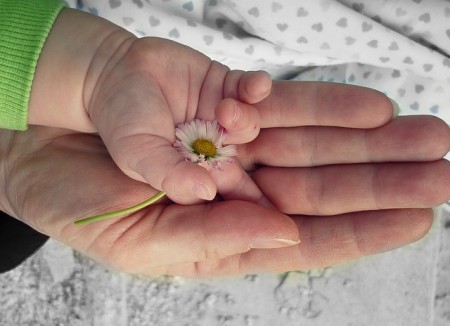If you had to choose between a meaningful life or a happy life, which would you rather have? Probably you would want both, but researchers from the universities of Stanford, Minnesota and Florida State found that although happiness and meaningfulness greatly overlap, there are also distinct differences. One can have an unhappy but meaningful life, full of struggles and challenges. And the opposite is also true: one can have a happy, yet totally superficial life without much meaning in it.
In the study the psychologists asked 400 subjects to fill out a questionnaire on happiness and meaningfulness. The scientists found that happiness was often related to taking, whereas meaning was strongly tied to giving. They also discovered that being in the moment and focusing on the here and now generated happiness. Alternatively, thinking of the past and the future decreased happiness since it tends to make people feel stressed and worried, but it also increased meaningfulness because “recognizing links from the present to past and future would be helpful for success at meaningful enterprises, including education, career, and long-lasting intimate relationships,” the scientists wrote.
Another difference between happiness and meaning had to do with relationships, especially the nature of the relationship. It was generally found that having a social network contributes both to happiness and meaningfulness, but where spending time with loved ones scored high on meaning and lower on happiness, spending time with friends had the opposite result: a lower sense of meaning but plenty of happiness. The scientists think this has to do with the fact that in our relationship with our family members we more often face challenges and deal with problems, whereas with friends we’re not so deeply involved and are just out to have a good time.
Another interesting find in the study was that people will often sacrifice happiness for meaning. Occupations such as nursing, social work or activism tend to score high on meaningfulness but low on happiness. Still, they attract many people who value meaning more than just feeling good.
This finding also solves the famous ‘parenthood paradox’ or why people want to have children, even though being a parent has been shown to bring in more life-stress and reduce happiness. The answer is that people don’t become parents because they are seeking happiness, but because they seek meaning.
The psychologists conclude that meaningfulness is often overlooked, but should not be underestimated as a very powerful driver of human behavior. And it is just as important in life as happiness. “People have strong inner desires that shape their lives with purpose and focus – qualities that ultimately make for a uniquely human experience,” said psychologist Jennifer Aaker, one of the contributors to the study. Happiness alone, in the sense of pleasure seeking or sense gratification, is not enough for a truly fulfilling life.
On the contrary, another study by Aaker showed that in order to be really happy it’s better to focus on meaning than on happiness. In the study subjects were divided into two groups. The first group was asked to create happiness in the next 24 hours, whereas the second group was asked to create meaningfulness. After 24 hours the subjects in the second group were significantly happier than those who had just tried to create happiness. So while you can create happiness by focusing on meaning, the opposite does not hold true. Merely focusing on making yourself happy does not add meaning to life.
Ultimately a life that is both happy and meaningful would be the ideal. But sometimes it is more meaningful (!) to sacrifice a little outer happiness for some unseen inner meaning. Meaning creates depth and richness to our life. Happiness is the icing on the cake.




